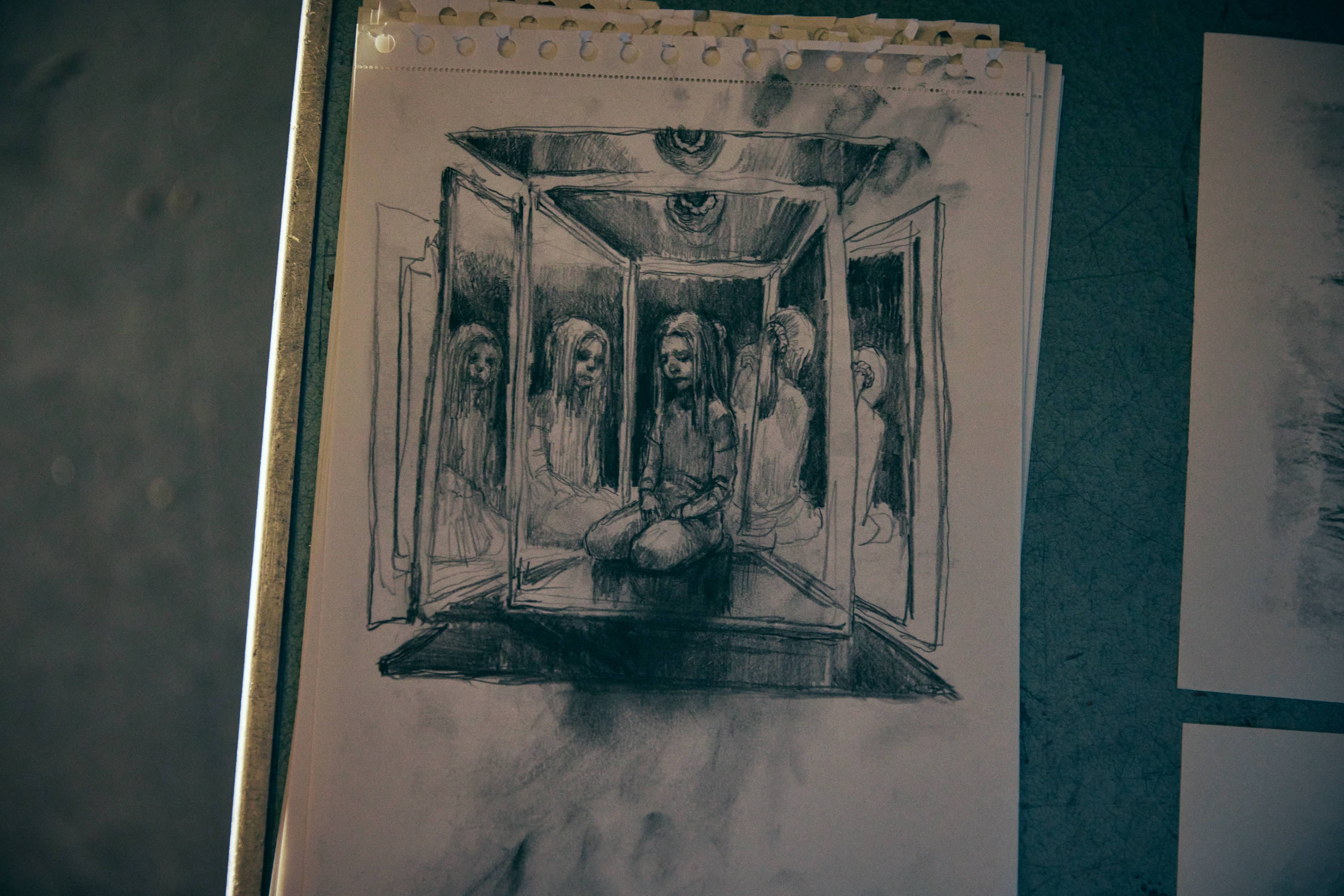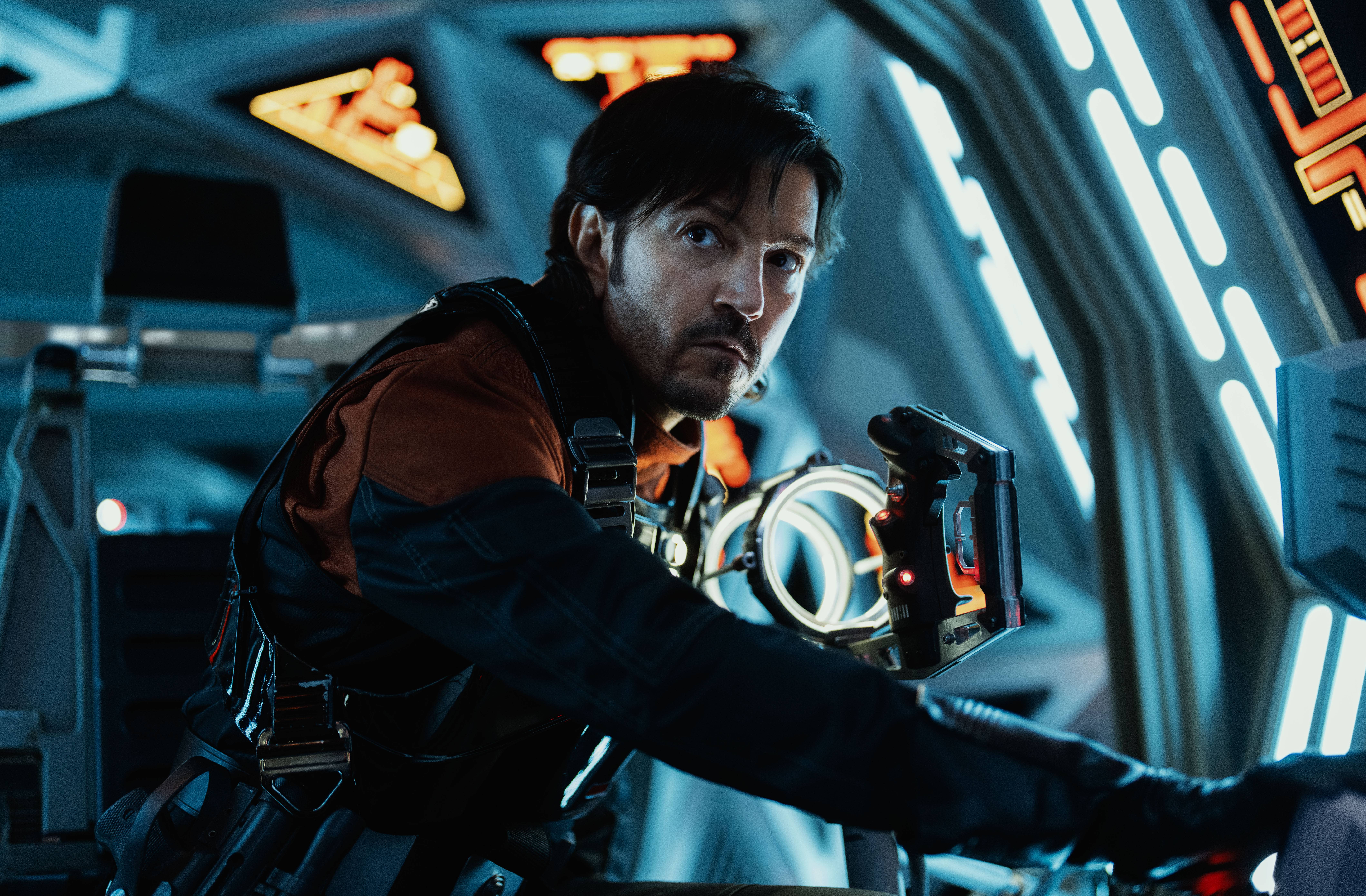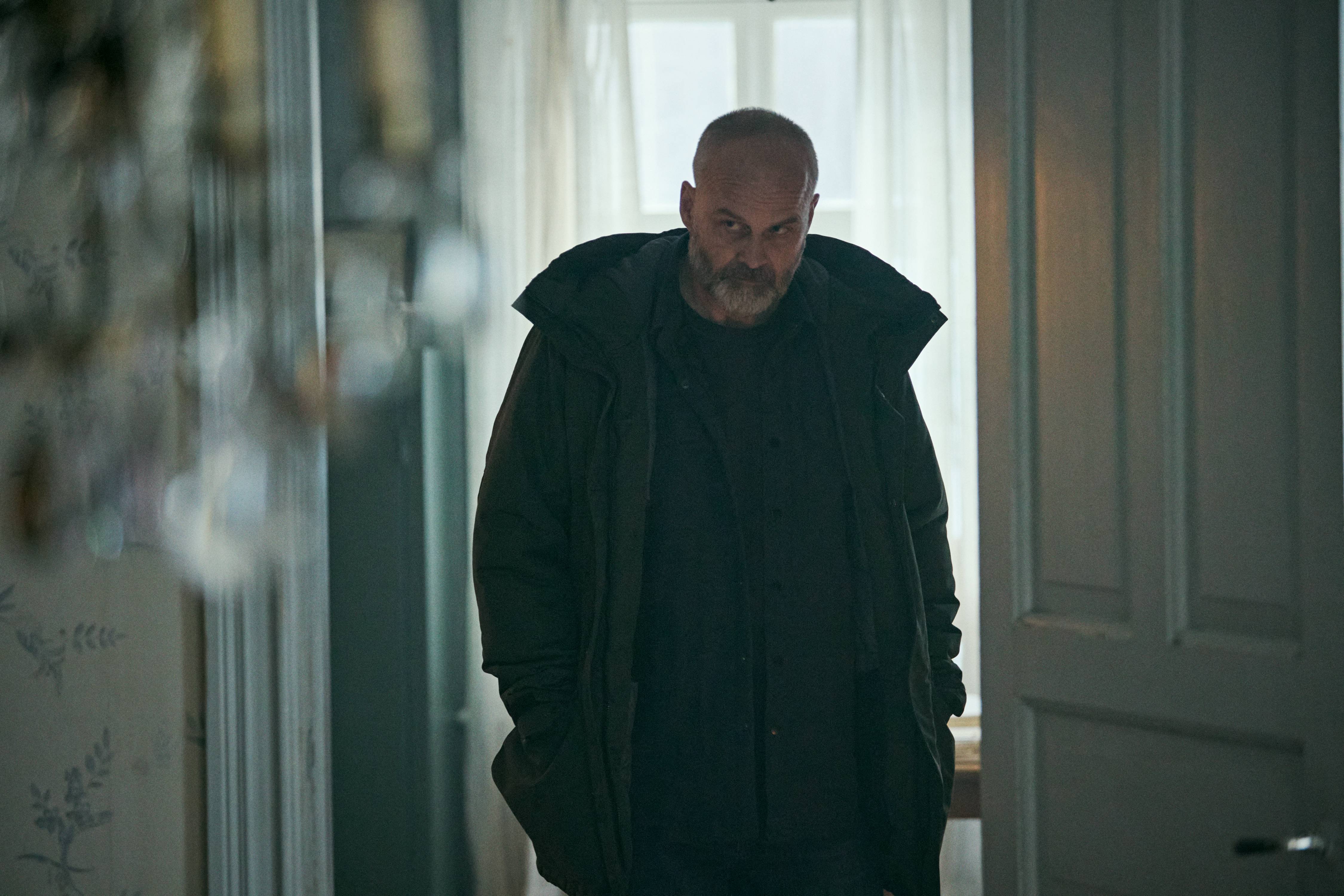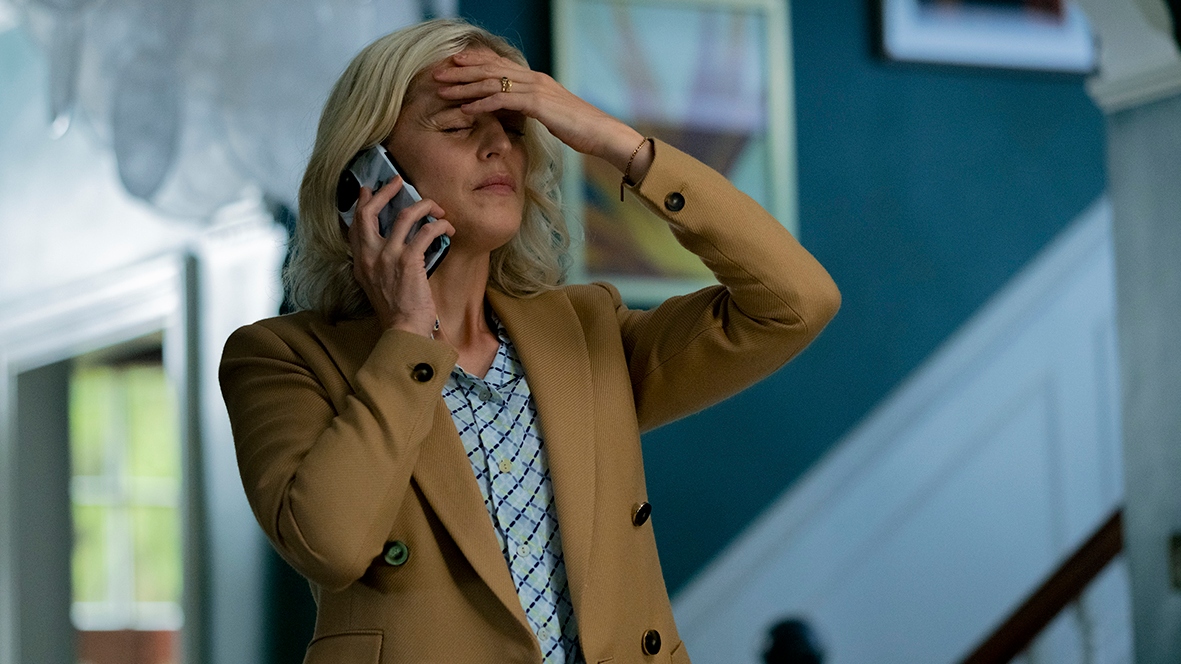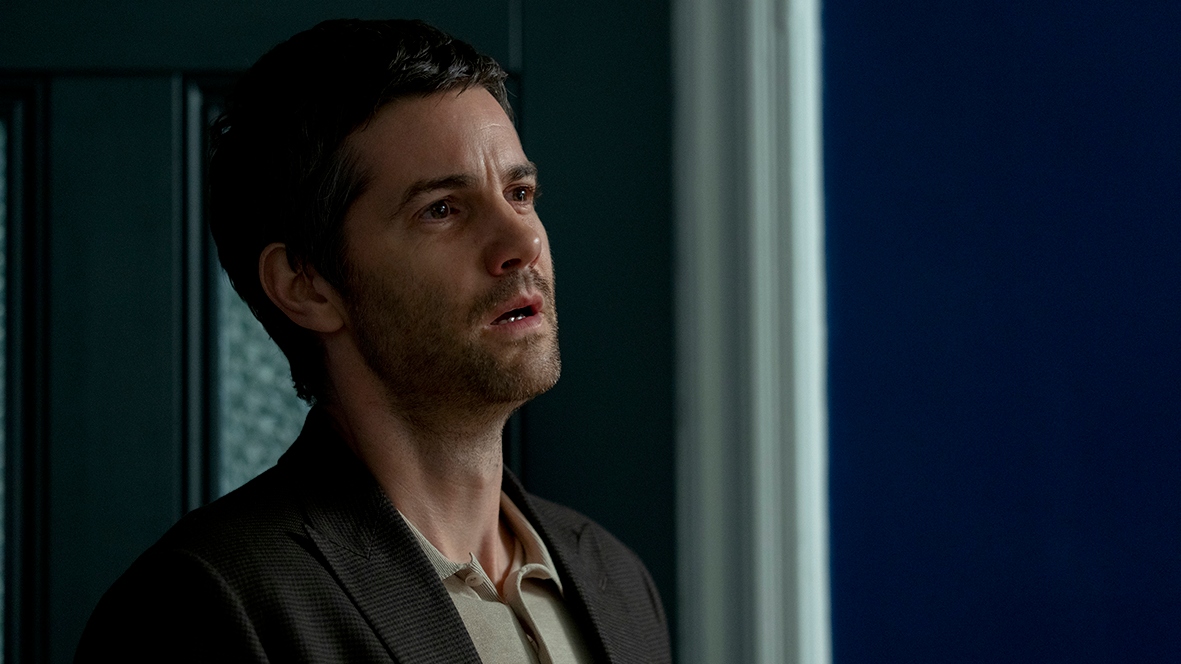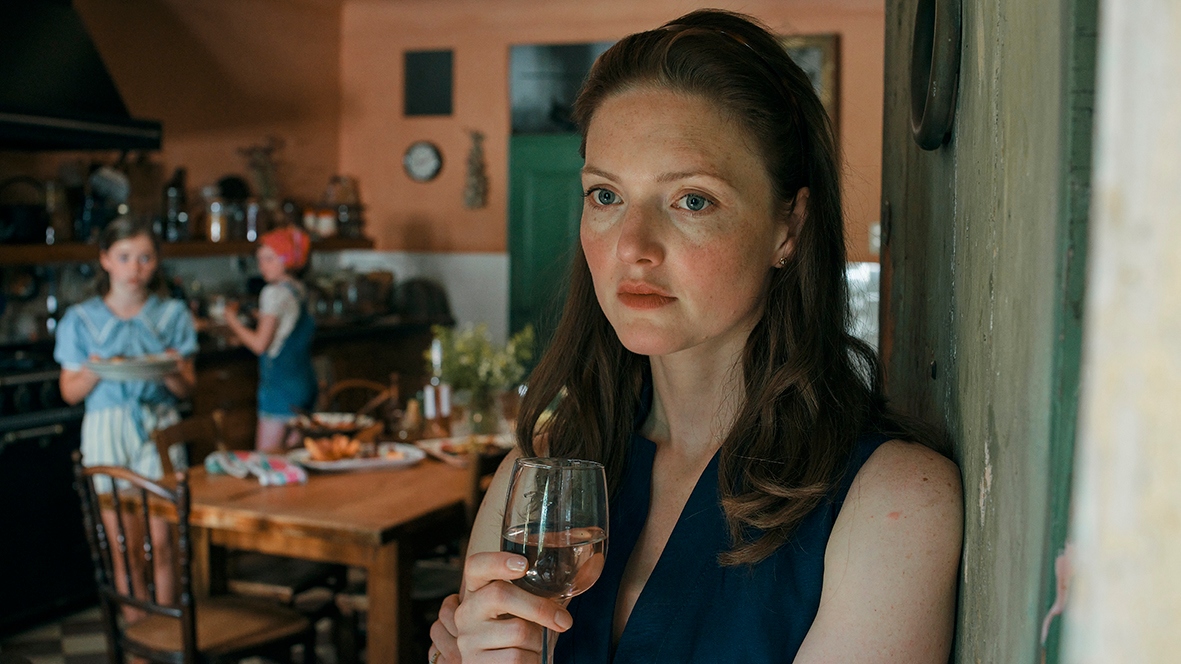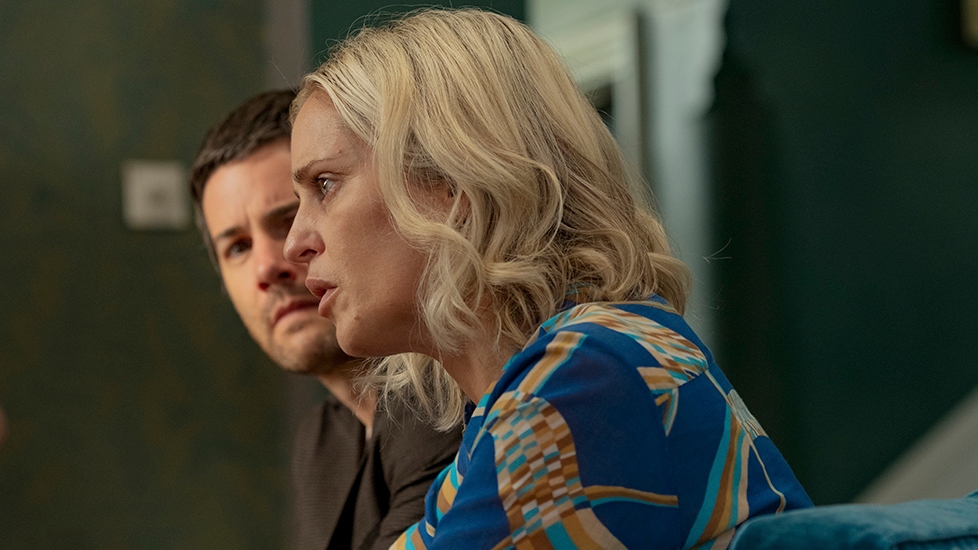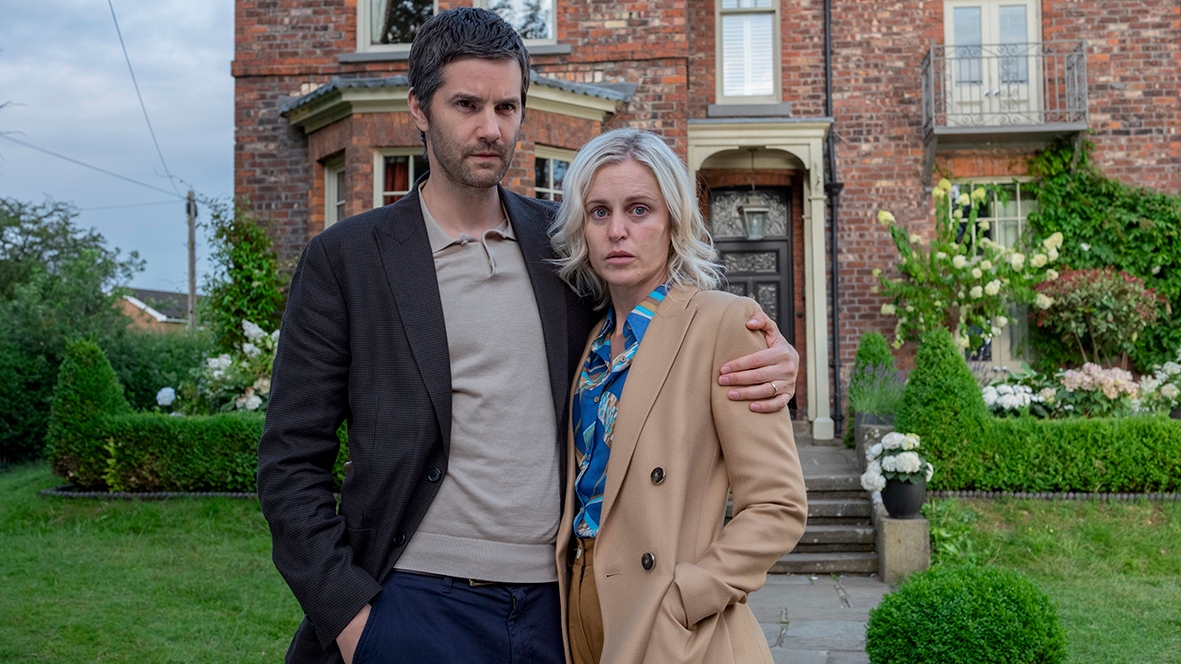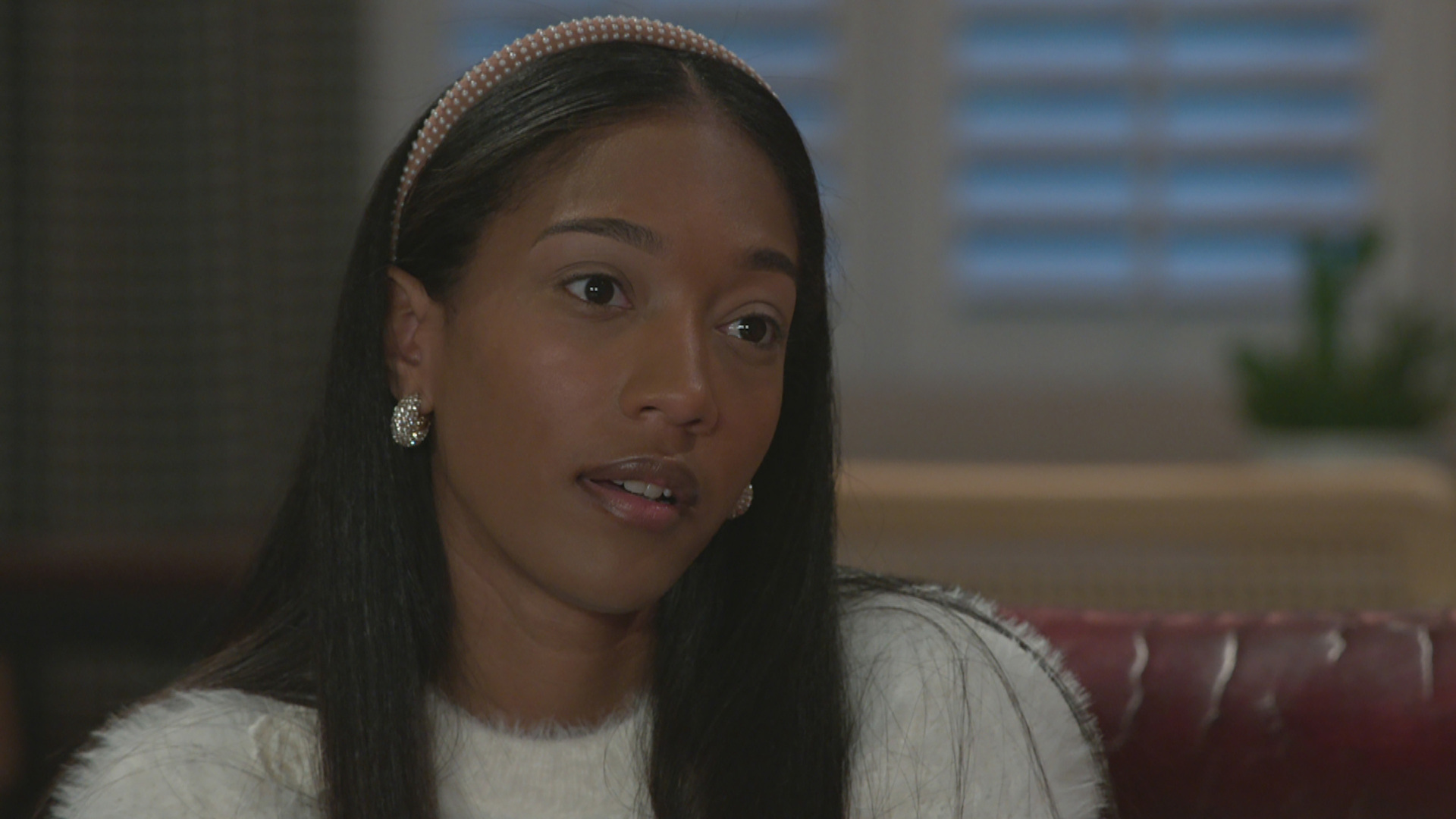Chris Packham opens up about his new BBC2 series 'Animal Einsteins'
The series explores the Einsteins of the animal kingdom.
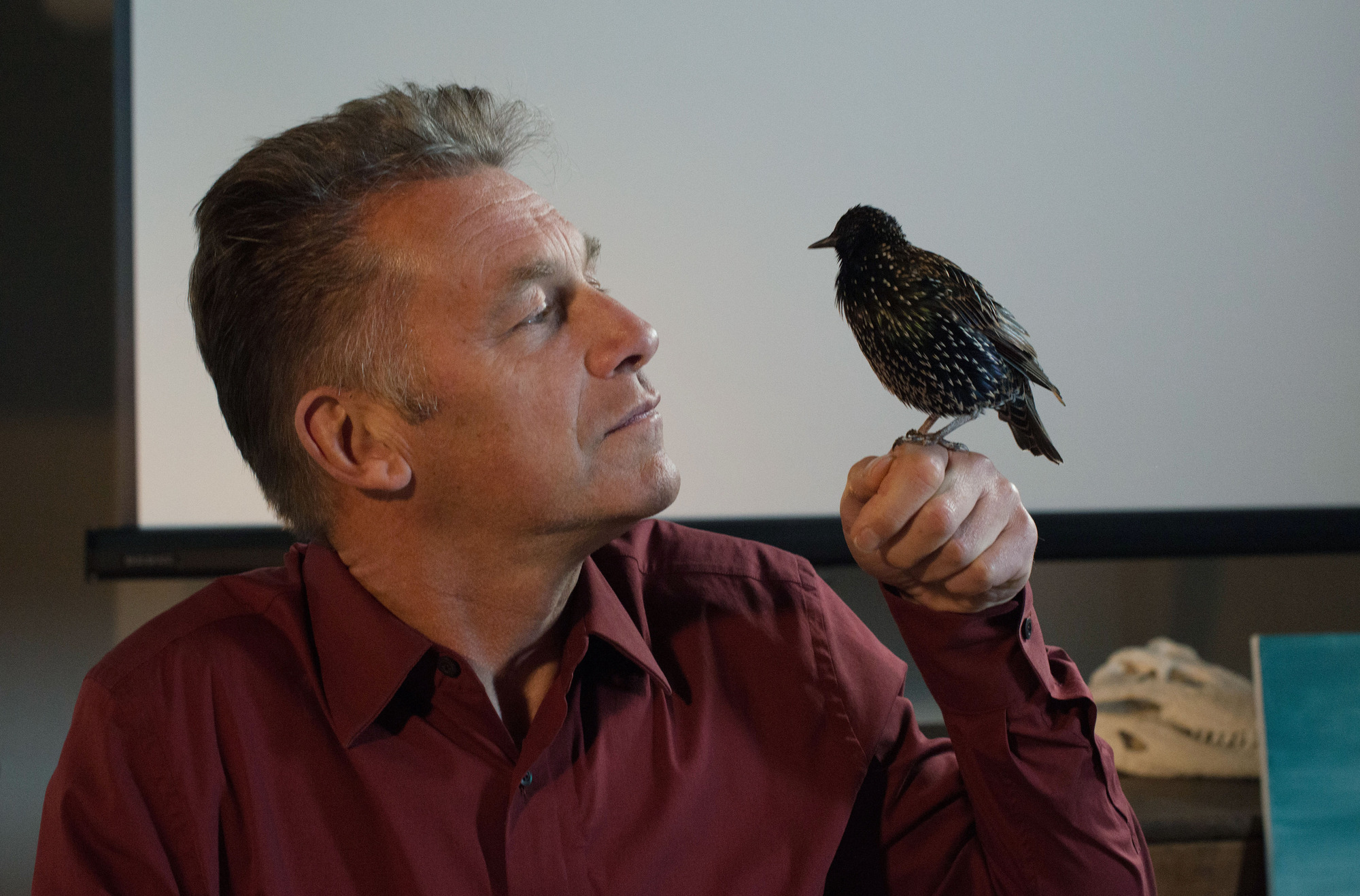
Chris Packham's Animal Einsteins is the wildlife presenter's latest programme, which sees him meeting nature’s savviest species who demonstrate brainpower, clever tactics, and ingenuity in order to survive in the wild.
Speaking about the series, Chris says: "I think animals have to manifest their own intelligence. Ultimately in order for them to survive, which so many of them do if we don’t interfere with them, they manifest a form of intelligence which is essential to them, otherwise they would fail to survive."
Here Chris tells us all about his new series, which starts on Sunday February 21 on BBC2 at 8pm.
Are people going to be shocked by Animal Einsteins?
Chris Packham: "I think there’s going to be a lot of surprises for people. There are quite a lot of wow moments, there are stories here which are going to stop people in their tracks and get them to completely rethink the way that they probably consider other animals’ intelligence. And I think the reason for that is that there’s a lot of good new science."
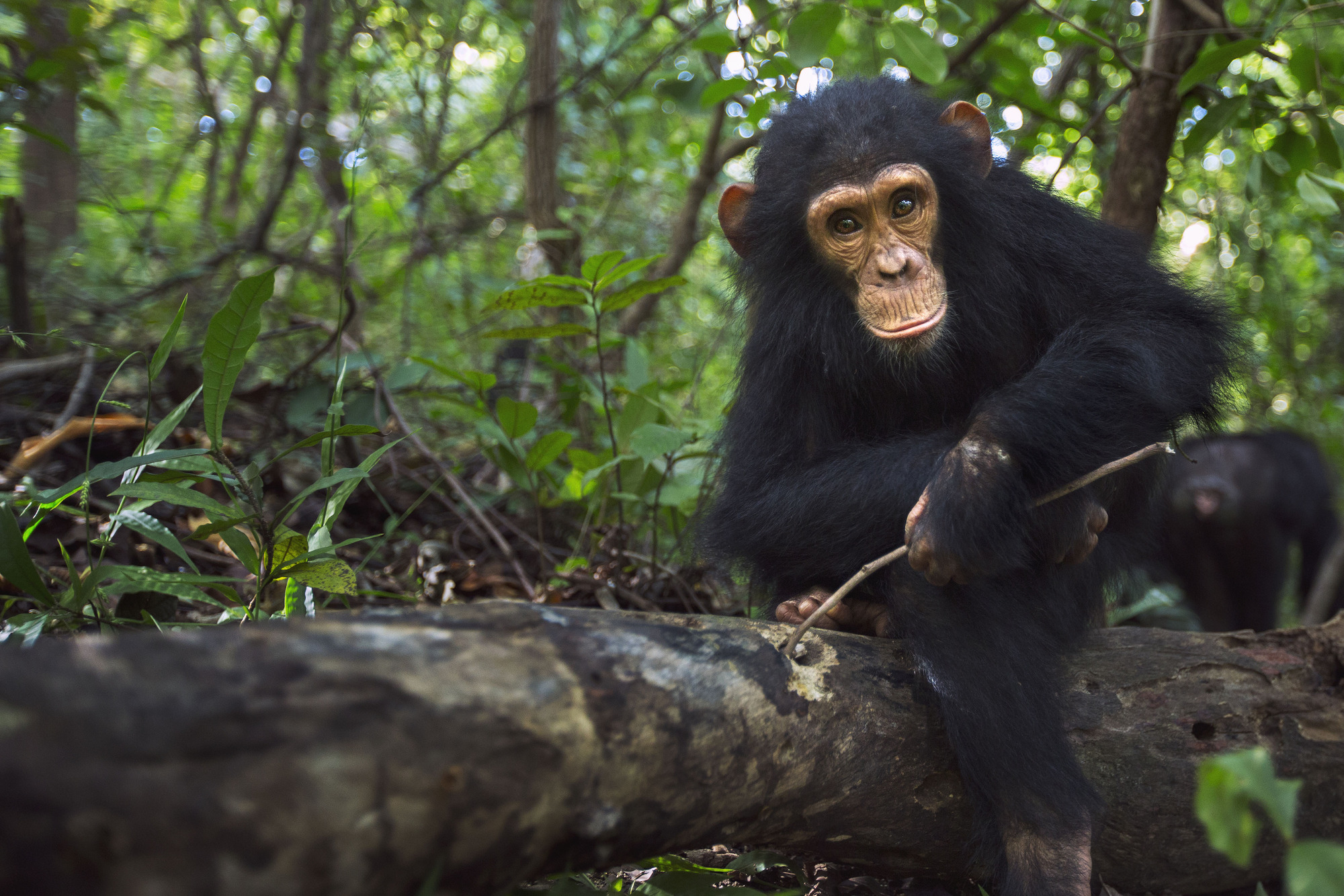
What attracted you to Animal Einsteins?
Chris: "Part of the challenge of this series was to say to people, and we do repeatedly stress this, is that you cannot use the same parameters that we use to measure our own intelligence. They are just not applicable.
"The most significant example of that is perhaps the self-awareness with dogs using smell rather than sight, because a lot of people will know — because they have dogs — that they are relatively speaking an intelligent animal, but they don’t have what we have."
What was the most unusual skill or technique you saw?
Chris: "I think I’d go for the cuttlefish, the Mourning Cuttlefish. They make half of their body look like a female so they can sneak past another male and it is just unbelievably cheeky.
Get the What to Watch Newsletter
The latest updates, reviews and unmissable series to watch and more!
"I mean, we all like a con artist, I think we all like the idea of tricks, we are drawn to card tricks and magicians — and magicians have been going for thousands of years and we still watch them now — but when you look at that cuttlefish, looking half like a female so it can sneak in, and the male thinks 'oh this is a bonus I’ve got two females' — but the minute it's under there, the male side attracts the female and they get to mate, and it’s so sneaky and so brilliant that they have the capacity to change their colouration to mimic the opposite sex, for me that was just joyous, absolutely joyous."
Who do you think is the most intelligent animal on the series?
Chris: "The raven was presented with a challenge that it hadn’t seen before. The first time it did it, it took about a minute and 15 seconds and then the second time it did it — which I think was the take that we used in the series — it did it in about 45 seconds. But what we didn’t show in the episode was that once the raven had figured out, it just kept doing it again and again and again, because it was getting the reward."
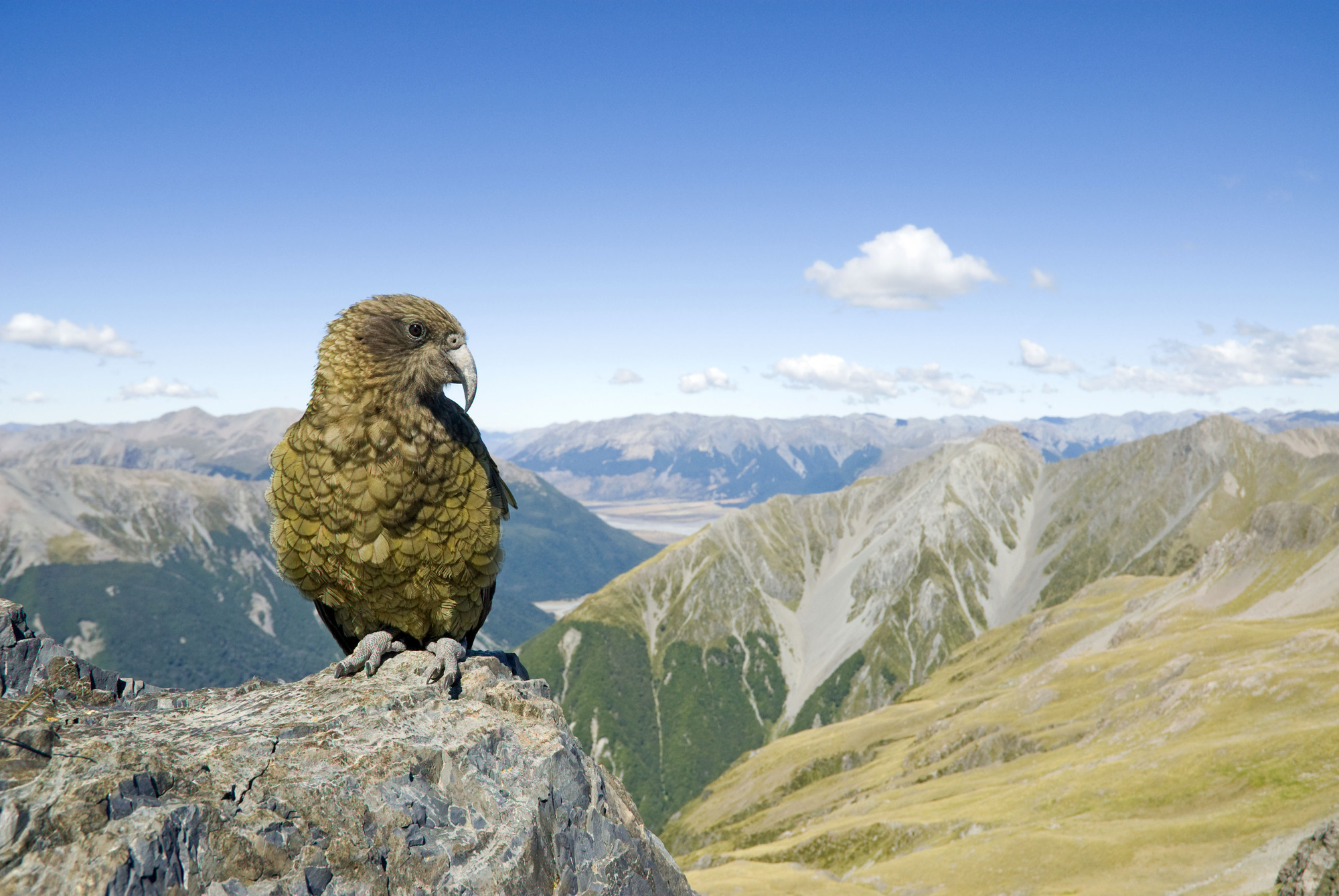
Do you think Animal Einsteins will change people’s perceptions about animal intelligence?
Chris: "I certainly hope so, and the first thing that has got to change is that we can't use what we think of as intelligence to measure intelligence in other species, because basically they don't need our sort of intelligence. Those attributes which can be enormously beneficial to us would not benefit the vast majority of other animals."
Does Chris have any particular highlights from filming the series?
Chris: "For me it’s finding out those new things. It’s just being simply astonished by things that you just think couldn’t possibly happen. I like trying to imagine how animals perceive the world, because we think about our eyesight, but we also did a thing about animals that see in polarised light. You just can’t imagine it, it’s beyond our comprehension."

